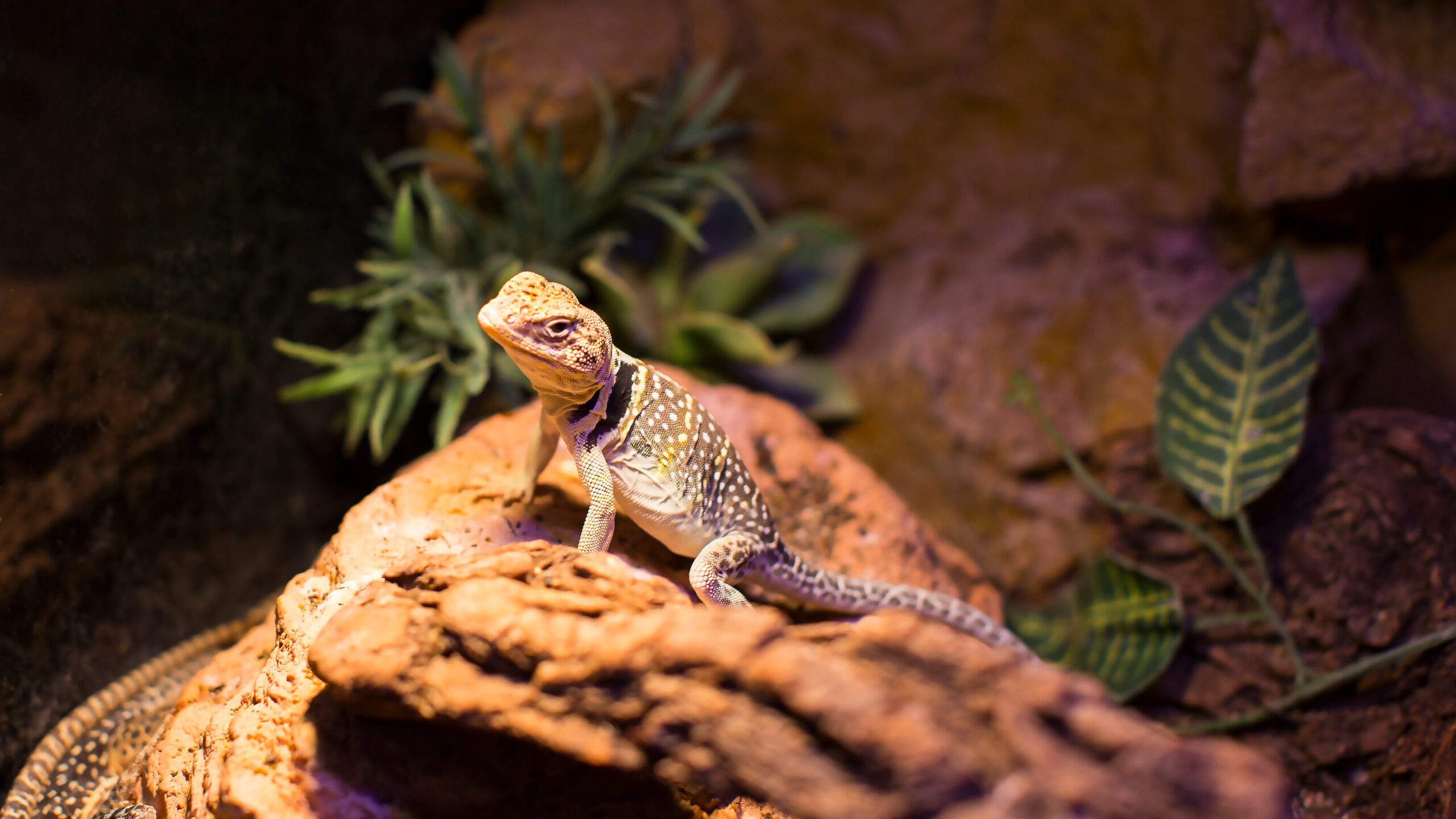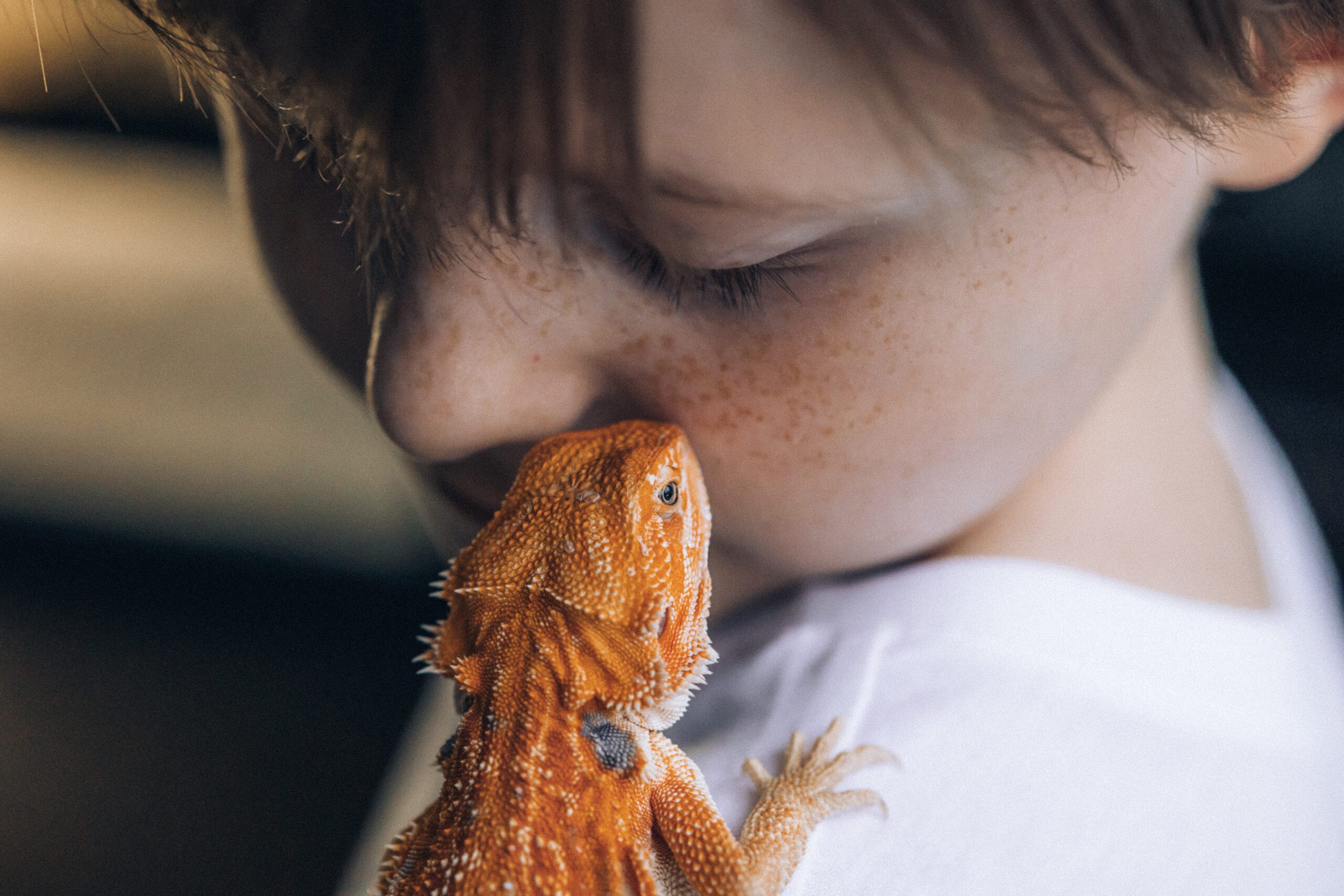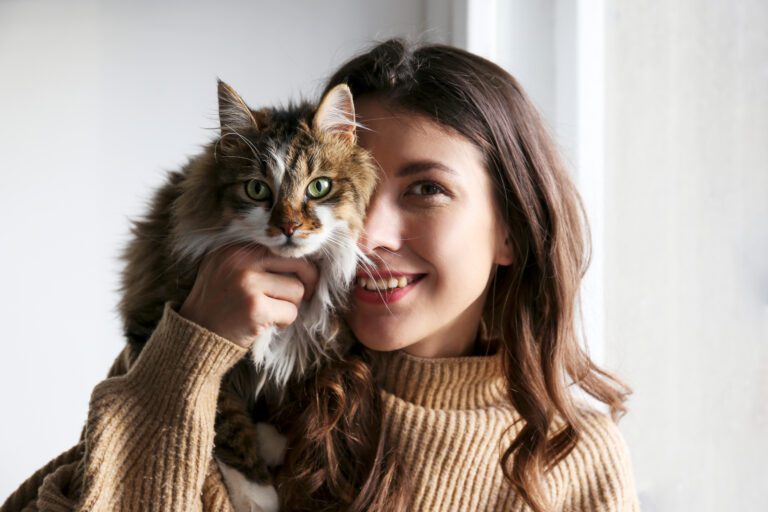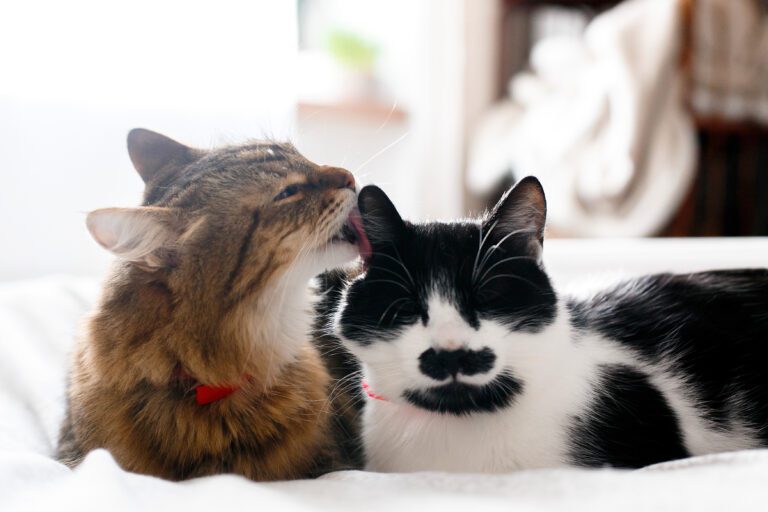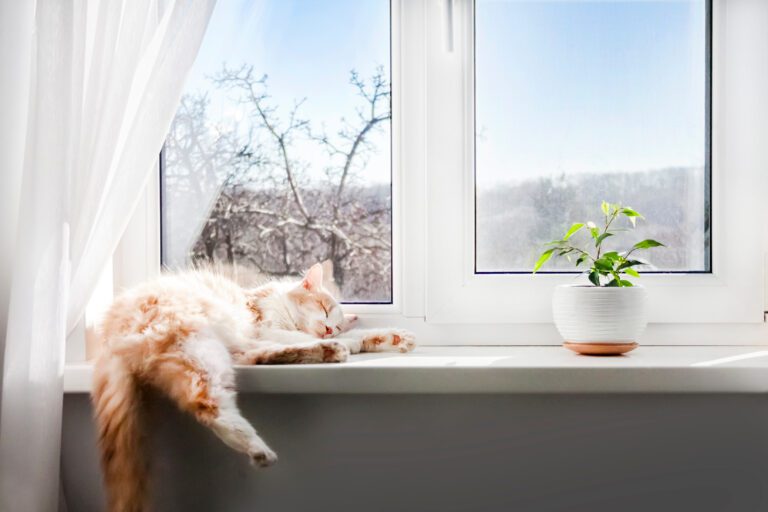The frequency of veterinary checkups for your pet lizard can vary depending on several factors, including its age, species, and overall health condition. As a general guideline, it’s recommended to schedule an annual checkup for a healthy adult lizard. However, some lizard species may require more frequent checkups or specialized care. It’s often a little more difficult to tell if something is wrong with a reptile pet than it would be with a cat or dog, so err on the side of caution. Consulting vets or websites like ours for guidance every 6-8 months will be helpful in adding some peace of mind.
A few things to consider for your pet lizard…
- Age: Younger lizards, such as hatchlings or juveniles, may require more frequent checkups during their rapid growth period. They may need to be monitored closely to ensure proper development and to address any potential health issues.
- Species-specific needs: Different lizard species have distinct care requirements. Some species, such as bearded dragons or leopard geckos, are commonly kept as pets and may benefit from regular checkups. Other species, like larger monitors or iguanas, may have more complex needs and might require more frequent veterinary visits.
- Health concerns: If your lizard has a pre-existing health condition or has shown any signs of illness or injury, it is crucial to consult with a veterinarian promptly. In such cases, your veterinarian may recommend more frequent checkups to monitor the condition and adjust the treatment plan if necessary.
- Routine care: Regular veterinary checkups provide an opportunity for preventive care and early detection of potential health issues. During these visits, the vet can assess your lizard’s overall health, perform physical examinations, and address any concerns you may have about its diet, habitat, or behavior.
To ensure the well-being of your pet lizard, it’s advisable to consult with a reptile-experienced veterinarian. They can provide specific recommendations based on your lizard’s species, individual needs, and any health concerns.
It might also be worth looking into pet insurance for your pet lizard. Pet insurance can assist with costs of vet bills or illnesses your lizard might encounter. Paying smaller amounts over a longer period through pet insurance can relieve the financial burden of a large vet bill if anything happens to your pet.
